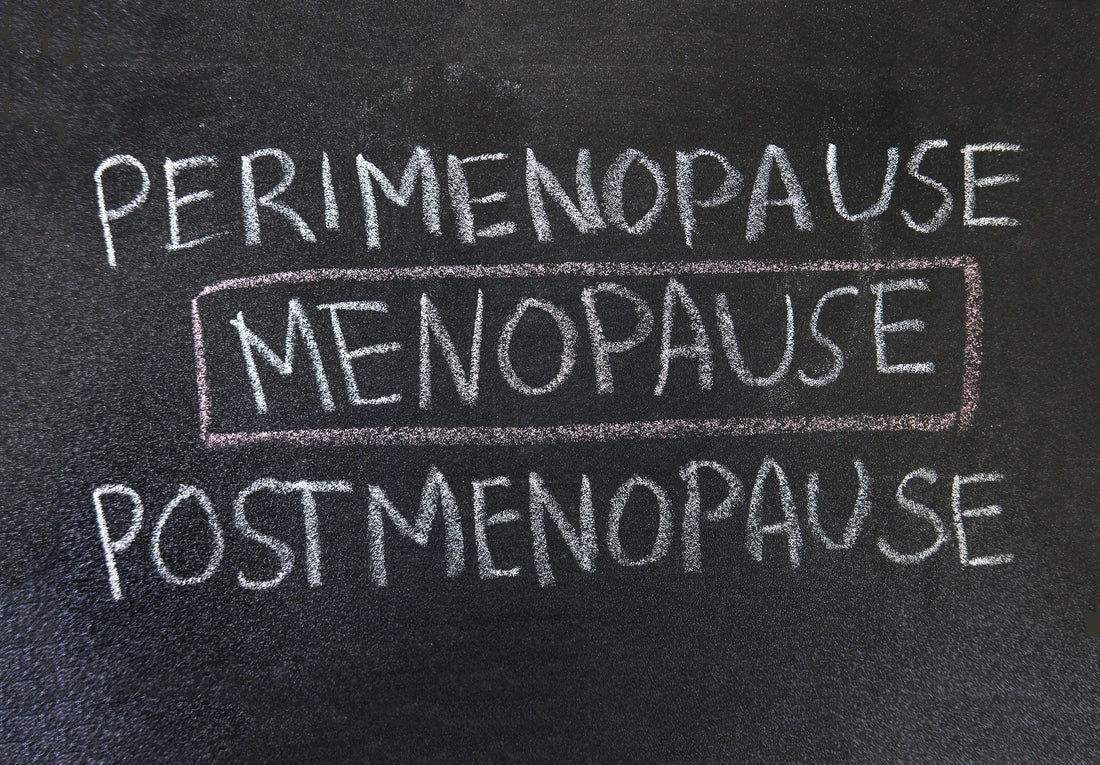
Hair Loss During and After Menopause: What’s Really Going On?
Hair has always been more than just hair—it’s culture, confidence, and identity. So when it starts to thin or shed more than usual, especially during a major life transition like menopause, the emotional impact can run deep. At Safo Hair, we believe every woman deserves to feel empowered and informed about her hair health. Let’s talk about why hair loss happens during and after menopause—and how to respond with care, science, and self-compassion.

Why Does Menopause Trigger Hair Loss?
Menopause marks the end of menstruation and reproductive years, but its effects go far beyond fertility. The body undergoes a significant hormonal shift, especially in estrogen and progesterone levels—two hormones that play a key role in maintaining healthy hair growth.
When estrogen and progesterone drop, the hair growth cycle is disrupted. Specifically:
-
Hair stays in the growth (anagen) phase for a shorter time.
-
Shedding (telogen) phase kicks in more quickly and lasts longer.
-
Hair follicles may shrink or become dormant.
To make things more complicated, testosterone becomes more dominant. It converts into a more potent form called DHT (dihydrotestosterone), which can shrink follicles, especially around the hairline and crown, leading to female pattern hair loss.
Post-Menopause: Why Does Hair Keep Thinning?
For many women, the frustrating truth is that hair loss doesn't stop after menopause. In fact, it can continue or worsen. Here’s why:
-
Hormone levels stabilize at a new “low” baseline, meaning estrogen doesn’t bounce back.
-
Aging and slower cell turnover affect the scalp and follicles, reducing the density and strength of new growth.
-
Scalp circulation and sebum production decline, leading to dryness and inflammation.
All of these changes make it harder for the scalp to support strong, healthy strands.
What Does Menopausal Hair Loss Look Like?
It’s not always about going bald or losing clumps overnight. Hair loss during and after menopause tends to show up more gradually:
-
A widening part line
-
Thinning at the crown or temples
-
Overall loss of volume and density
-
Strands that grow in finer and break more easily
-
Hair feeling more dry, brittle, or wiry
And for women with textured or curly hair, the changes can be even more pronounced. Shrinkage, breakage, and dryness may disguise the thinning until it's advanced.

What You Can Do: Safo’s Approach to Hair Wellness
While we can’t stop time or hormones, there’s a lot we can do to support hair health holistically—starting from the scalp.
1. Nourish the Scalp Like Skin
Think of your scalp as the soil where hair grows. When it's healthy, hair has a better chance to thrive.
-
Use hydrating, pH-balanced cleansers that respect the skin barrier.
-
Incorporate botanical oils like baobab, castor, and rosemary, which nourish follicles and calm inflammation.
Safo’s Moisture Rich Conditioner and Scalp & Root Oil were formulated with menopausal scalps in mind—balancing hydration, barrier support, and follicle nourishment.
2. Stimulate Blood Flow
Scalp massage helps increase circulation and oxygen delivery to dormant or sluggish follicles.
-
Use fingertips or a scalp massager for 3–5 minutes daily.
-
Add a few drops of essential oil (like peppermint or rosemary) to boost results.
3. Address Internal Health
Menopause affects the whole body. Supporting it from the inside is key:
-
Prioritize foods rich in protein, iron, zinc, and omega-3s.
-
Consider supplements like vitamin D, biotin, and collagen, especially if blood work shows deficiencies.
-
Manage stress and sleep—because cortisol (the stress hormone) can accelerate hair loss.
Did you know? Chronic stress and sleep deprivation can shift hair follicles into the resting phase prematurely, leading to telogen effluvium (sudden, diffuse hair shedding).
4. Choose Targeted Treatments
Look for products formulated to block DHT naturally and support follicle function:
-
Pumpkin seed oil, saw palmetto, and caffeine are popular plant-based options for supporting hormonal balance.
-
Avoid harsh chemicals or hormone-disrupting ingredients that can further stress the scalp.
Stay tuned: Safo is developing a follicle-focused serum made just for midlife and beyond—safe, effective, and deeply nourishing.
When to Seek Professional Help
If hair loss becomes severe or emotionally distressing, talk to a dermatologist or trichologist. They can:
-
Rule out thyroid imbalances or iron deficiencies
-
Recommend topical treatments (like minoxidil)
-
Offer laser therapy or PRP (platelet-rich plasma) if needed
You deserve answers—and options.
You Are Still Whole. You Are Still Powerful.
Menopause doesn’t mark an end—it’s a new beginning. One that deserves softness, understanding, and care. At Safo Hair, we don’t believe in “anti-aging.” We believe in pro-wellness. That means helping you reclaim your hair story, one strand at a time.
No matter your age or hair texture, you deserve products that support your journey, affirm your beauty, and reflect the science behind healthy hair. Because when your roots are strong, everything else grows.
Join the Safo Community
Sign up for our newsletter to receive expert hair tips, hormone-safe product launches, and empowering conversations for women at every stage of life.

